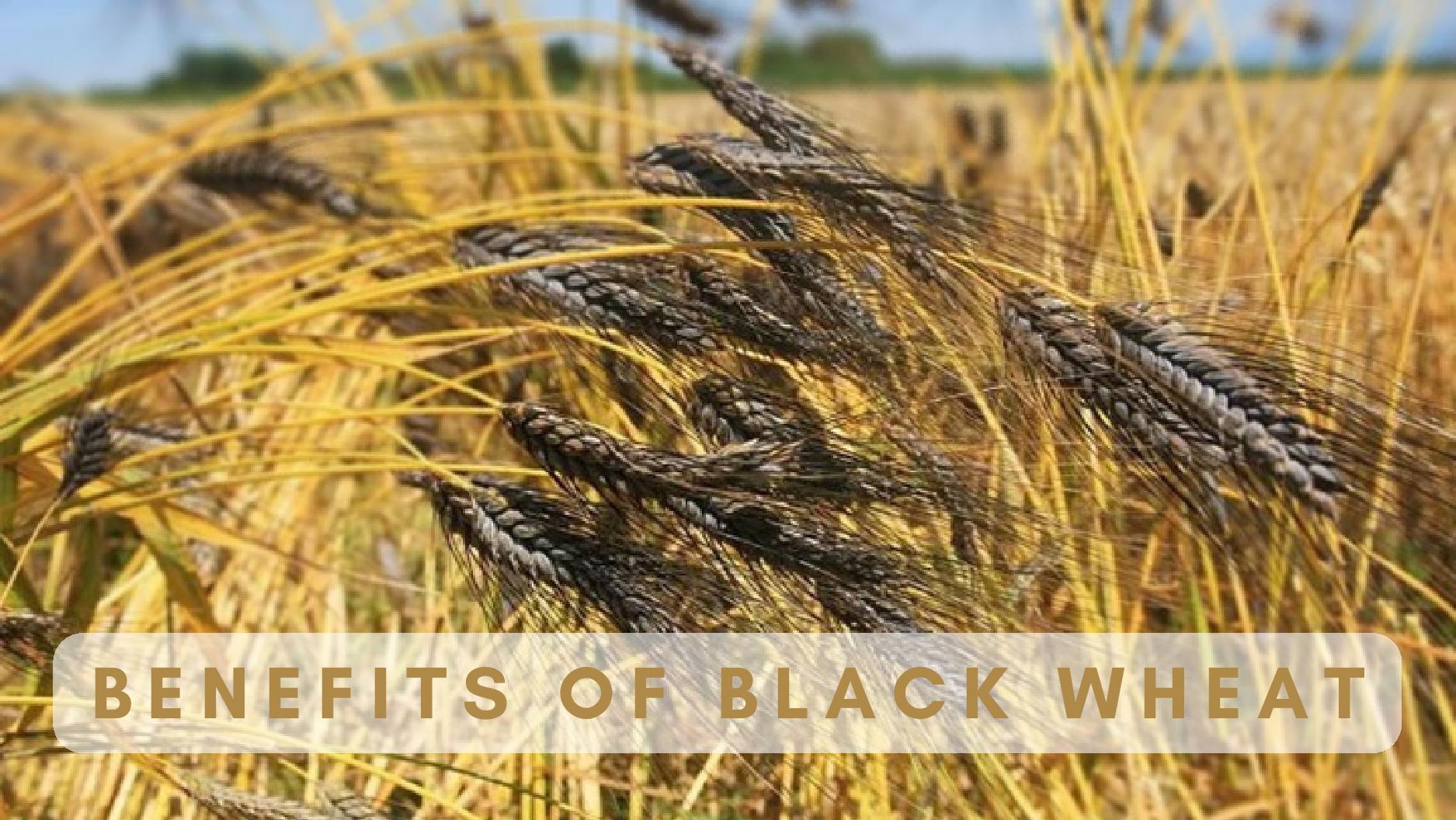Just In
- 4 hrs ago

- 8 hrs ago

- 10 hrs ago

- 11 hrs ago

Don't Miss
- News
 Lok Sabha Elections 2024: BJP's Moradabad Candidate Kunwar Sarvesh Kumar Dies Day After Polling
Lok Sabha Elections 2024: BJP's Moradabad Candidate Kunwar Sarvesh Kumar Dies Day After Polling - Movies
 When Aishwarya Rai Gives ‘Classy Slap’ On Journalist’s Face For Asking Her To Pose Nude, Watch Video
When Aishwarya Rai Gives ‘Classy Slap’ On Journalist’s Face For Asking Her To Pose Nude, Watch Video - Sports
 KKR vs RCB: Twitter Hails as Virat Kohli and Gautam Gambhir Spotted having 'Friendly' Chat
KKR vs RCB: Twitter Hails as Virat Kohli and Gautam Gambhir Spotted having 'Friendly' Chat - Education
 Assam Class 10 Result 2024 Declared: Anurag Emerged as the Top Performer With 593 Marks
Assam Class 10 Result 2024 Declared: Anurag Emerged as the Top Performer With 593 Marks - Finance
 2 Tata Group Dividend Stocks To Buy/Sell After Q4 Results, Dividend Announcement
2 Tata Group Dividend Stocks To Buy/Sell After Q4 Results, Dividend Announcement - Automobiles
 Tata Altroz Records a 55% Sales Growth in March 2024
Tata Altroz Records a 55% Sales Growth in March 2024 - Technology
 Best Noise-Cancelling Earbuds Under Rs 5,000: CMF Buds Pro, Redmi Buds 5, Realme Buds Air 5, and More
Best Noise-Cancelling Earbuds Under Rs 5,000: CMF Buds Pro, Redmi Buds 5, Realme Buds Air 5, and More - Travel
 Journey From Delhi To Ooty: Top Transport Options And Attractions
Journey From Delhi To Ooty: Top Transport Options And Attractions
What Is Black Wheat? Read About The Health Benefits Of This Gluten-Free, Superior Wheat Variety
A gluten-free, greyish-black variety, black wheat flour is produced by processing the seeds of the black wheat plant, which the Indian government developed in a lab in Mohali, Punjab [1].
NABI (National Agro-Food Biotechnology Institute) Mohali, Punjab (India) developed and produced black wheat in 2015. Purple and blue wheat are the other two variants of black wheat. A patent has been granted to the institute for the production of black wheat.
As its name implies, it has a high concentration of the pigment "anthocyanin", the chemical compound that gives fruits and vegetables their blue, black, red, or purple hues. They also serve as natural antioxidants, produced in a field at the time of grain filling, thus providing the wheat with a rich nutritional value.

Nutritional Value Of Black Wheat
Black wheat contains antioxidants, B vitamins, folic acid, selenium, magnesium, manganese, zinc, calcium, iron, copper, potassium, fibre, and amino acids. In addition, black wheat is enriched with 28 times more anthocyanins than conventional wheat varieties [2].
The main nutritional components of this super-food are as follows [3]:
•
Anthocyanins
•
Antioxidants
•
Folic
acid
•
Dietary
fibres
•
High
in
iron.
•
Gluten-free,
thus
suitable
for
those
allergic
to
gluten.
•
Vitamins-
Infused
with
vitamins
such
as
B1,
B2,
B3,
B5,
B6,
and
B9.
•
Minerals
include
zinc,
selenium,
manganese,
potassium,
calcium,
iron,
magnesium,
copper,
and
phosphorus.
•
Good
source
of
amino
acids
that
aid
in
tissue
formation
and
body-building.
Health Benefits Of Black Wheat
1. Improves overall health
Regular and controlled consumption of anthocyanin, a powerful antioxidant, protects against inflammatory disease and treatment for high blood pressure, colds, urinary tract infections, and heart disease. Additionally, it helps diabetic patients maintain healthy cholesterol and blood sugar levels. According to some research, it may also be able to reduce obesity.
2. Enhances immunity
Black wheat flour contains more antioxidants than regular wheat, which maintains our antibodies and prevents the formation of free radicals. Furthermore, they protect against DNA damage and lipid peroxidation. Due to its high anti-inflammatory properties, it also multiplies the production of cytokines, which are small proteins that regulate our immune system [3].
3. Manages minor heart problems
The unsaturated fatty acids in black wheat are excellent for keeping the heart healthy. Therefore, people who are prone to experiencing heart disorders or other cardiovascular problems can include this super grain in their daily diet. Furthermore, it reduces the risk of strokes and other cardiac conditions [4].
4. Aids with weight loss
As a result of its high fibre content, black wheat keeps the stomach full and inhibits undesirable cravings. In addition, the low-fat content of black wheat flour, which exists in its unsaturated form, makes it perfect for people planning to lose weight.
5. Relieves constipation
Due to its high fibre content, it facilitates optimum digestion and prevents constipation and other gastrointestinal disorders. Furthermore, since it reduces unwanted cravings, issues such as constipation are greatly reduced [5].
6. Supports eye function
Anthocyanin deficiency can lead to night blindness due to insufficient nutrition. However, like black currants, black wheat helps minimize the risk of vision loss and free radical damage [6].
7. May reduce cholesterol and triglycerides
A rich source of amino acids, black wheat may help lower cholesterol levels by eliminating extra fat from the liver. Additionally, it is beneficial for individuals with high levels of triglycerides in their blood. Its ability to control these two factors further contributes to blood pressure control, thus contributing to the heart's overall health [7].
8. May enhance skin health
Black wheat has a six-fold higher total phenolic content (TPC), with ferulic acid accounting for most of its TPC. As an antioxidant, ferulic acid enhances the effects of other antioxidants, making it particularly useful for the skin when it comes to reducing fine lines, spots, and wrinkles [8].

How Is Black Wheat Different From White Wheat?
Both kinds of wheat differ primarily in the concentration of anthocyanins they contain.
A typical grain of regular wheat contains approximately five parts per million (ppm) of anthocyanin. In contrast, the black wheat grain contains approximately 100-200 ppm. In this regard, it is a healthier choice since a greater number of antioxidants helps rid the body of harmful toxins and free radicals, thus enhancing the body's overall health.
Furthermore, black wheat contains 35 per cent more zinc than regular wheat, thus improving the body's immune and metabolic function. In addition, the iron content of conventional wheat varieties is about 25 per cent. In comparison, black wheat has 60 per cent more iron- an enormous increase in haemoglobin and hormone levels in the body as a result [9][10].
How To Include Black Wheat In Your Daily Diet?
Black wheat flour can be used as a substitute for almost all food items containing white flour, maida, besan, or other similar ingredients. It can be used to prepare chillas, chapatis, cookies, idlis, and rotis.
On A Final Note...
Due to insufficient production, black wheat will likely cost twice or three times as much as regular wheat. Therefore, aside from Punjab, Haryana, Madhya Pradesh, and Himachal Pradesh have also been introduced to black wheat farming and production.
[image source: prabhatkhabar.com]


 Click it and Unblock the Notifications
Click it and Unblock the Notifications



